Acting Pros from Caan
It turns out the star of Misery does his best work on a blissful set.
“When you’re having a good time on a picture and you like people, some kind of osmosis takes place,” said James Caan, who visited campus in December teach a master class
on acting. “I mean people don’t consciously think about it, but the picture’s invariably better.”
Another thing he’s noticed: “The most talented people in this business are always the nicest.”
Speaking in Chapman’s Waltmar Theatre soon after he had received Chapman’s Lifetime Achievement in the Arts award at American Celebration, the Oscar-nominated actor speculated that his student audience might be too young to know much about his work. “I’m in 127 pictures and I bet you haven’t seen four of them,” Caan joked. He needn’t have worried. For 90 minutes, minutes, the students were enthralled by his stories and peppered him with questions about everything from The Godfather to Elf.
Don’t count on luck, Caan advised: “When you get your shot, you’d better be ready. I studied for three or four years before I even went out on an audition. Study, study, study and work.”
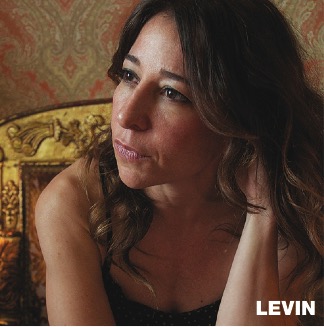 Janna Levin, Ph.D.
Janna Levin, Ph.D.
“Constraints are not obstacles to overcome but the scaffolding we need to do creative things. This understanding is a starting point to create something beautiful and amazing.”
A Chancellor’s Fellow at Chapman University and a professor of astrophysics at Barnard College of Columbia University, Levin mentions constraints during her talk “Creativity from Limits” at the Sandhu Conference Center. Levin is the author of a popular science book, How the Universe Got Its Spots, and a novel, A Madman Dreams of Turing Machines, which won the PEN/Bingham prize.
Michael Connelly
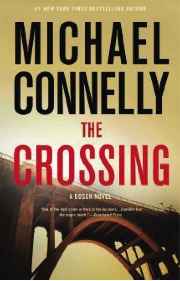 “On the walk over they had talked about family matters. Bosch and Haller were half brothers and had daughters the same age. In fact, the girls were planning to room together in September at Chapman University down in Orange County. Both had applied to the school without knowing the other’s intention until they celebrated their acceptance letters
“On the walk over they had talked about family matters. Bosch and Haller were half brothers and had daughters the same age. In fact, the girls were planning to room together in September at Chapman University down in Orange County. Both had applied to the school without knowing the other’s intention until they celebrated their acceptance letters
on the same day on Facebook. From there their plan to be roommates quickly formed. The fathers were happy about this because they knew they would be able to pool their efforts to monitor the girls’ well-being and adjustment to college life.”
The above excerpt is from the new novel The Crossing by best-selling author Michael Connolly.
Tossing & Turning
“Sleep is a drive. It’s very much like the drive to breathe,” says Peter Fotinakes ’76, M.D., medical director of the Sleep Disorders Center at St. Joseph Hospital in Orange. “You can hold your breath, but at some point your body takes over and you can’t hold it any longer. The same thing happens with sleep. You start building up a debt, and that grows and grows until sleep starts slipping through. You can’t suppress it forever.”
Speaking on the podcast Straight Talk M.D., Dr. Fotinakes offers insights from research and experience, including tips on beating insomnia. One way to promote sleep is to time your exercise to about 2–4 hours before your expected bedtime, the Chapman alumnus says. “That way you raise your core body temperature a little bit, then it falls at your expected bedtime. That drop promotes falling asleep and staying asleep.”
His best advice for those nights when sleep just won’t come? Quit trying to force it. “You have to build up your confidence that you’ll be able to sleep,” he says.
Sometimes he even prescribes a mantra: “The worst thing that can happen if you don’t sleep is that you eventually will sleep.”
Ommm. Zzzz.
Listen to the entire interview at iTunes or at the Straight Talk M.D. website.
A Visit from Matt Harvey
Professor Gary Metzker’s sportswriting students enjoy a visit from Mets pitcher Matt Harvey.
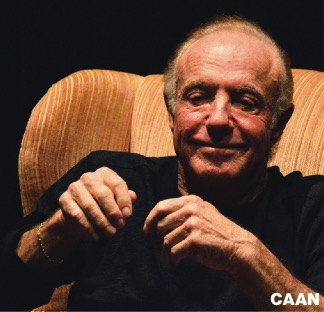

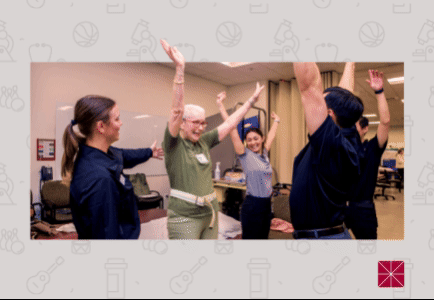
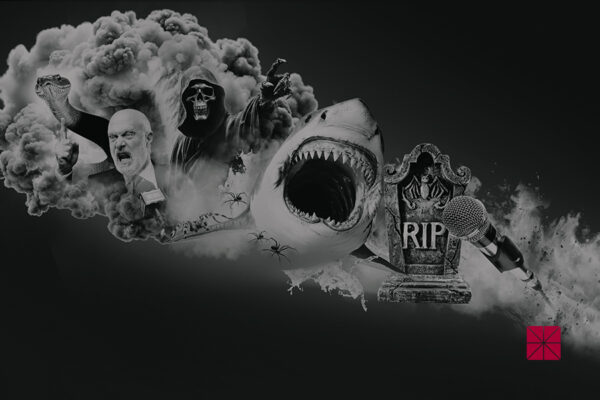


Add comment